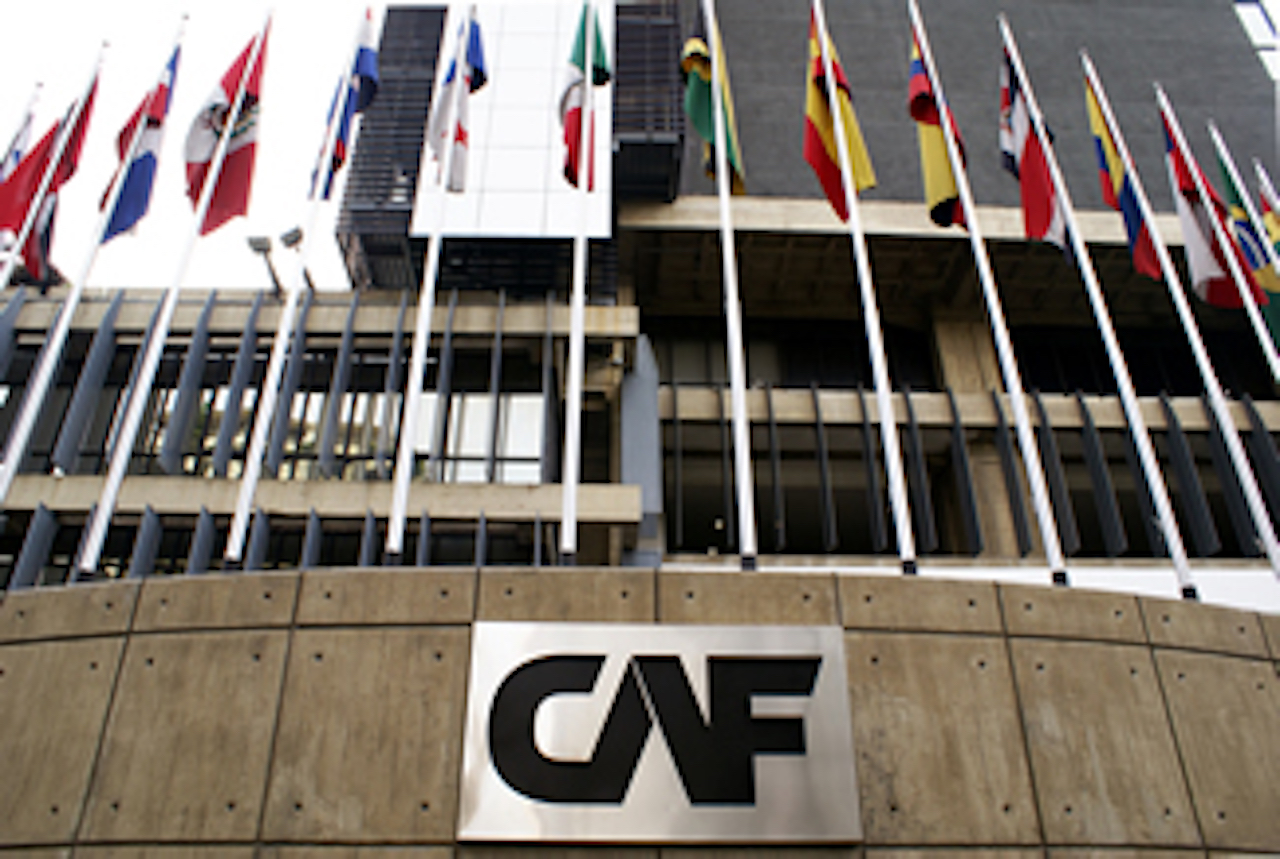Barbados is poised to become the smallest full member of the Development Bank of Latin America and the Caribbean (CAF), a move that will grant the island nation access to $18 billion in loan financing. This funding will benefit not only the government but also the private sector and individuals. Finance and Economic Affairs Minister Ryan Straughn introduced legislation on Tuesday to ratify Barbados’ membership, marking its transition from Series C to Series A status. This upgrade will enhance the country’s influence in the bank’s operations and expand its eligibility for funding opportunities. CAF, headquartered in Caracas, Venezuela, is a regional development bank owned by its member countries and financial institutions. It focuses on promoting sustainable development, regional integration, and social inclusion across Latin America and the Caribbean. To achieve Series A membership, Barbados will pay over $1 million in membership dues, necessitating the repeal of existing legislation and its replacement with the new bill. Minister Straughn emphasized the strategic importance of this move, particularly as the World Bank shifts its stance on climate-related development projects under the influence of the U.S. administration. He highlighted that CAF offers greater insulation and flexibility for Barbados to secure concessional loans, especially for middle-income countries like Barbados and The Bahamas, which face unique vulnerabilities. Unlike other institutions where non-borrowing members dominate lending policies, CAF is governed primarily by its borrowing members, ensuring decisions align with their collective interests. Straughn likened CAF to a credit union for Latin America and the Caribbean, where member contributions translate into ownership and influence. He also stressed the importance of maintaining access to concessional financing during crises beyond the country’s control. CAF provides concessional loans, grants, and technical assistance for projects in infrastructure, energy, water, transport, and climate resilience, often linking financing to transformative development outcomes for the region.
